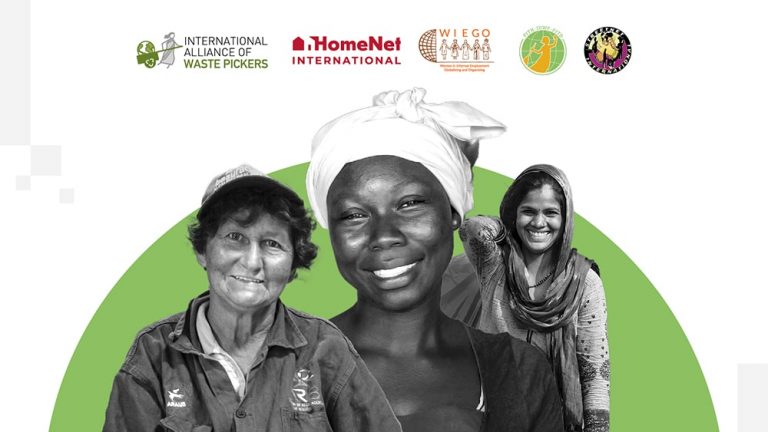
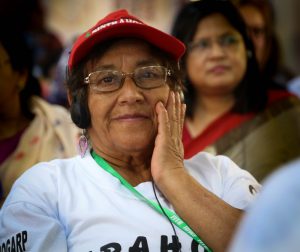
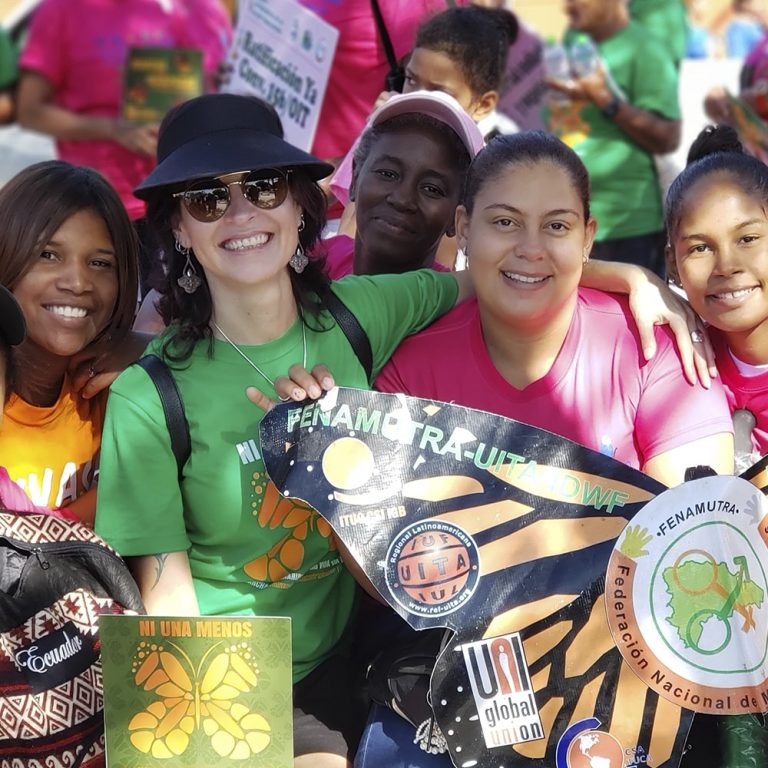
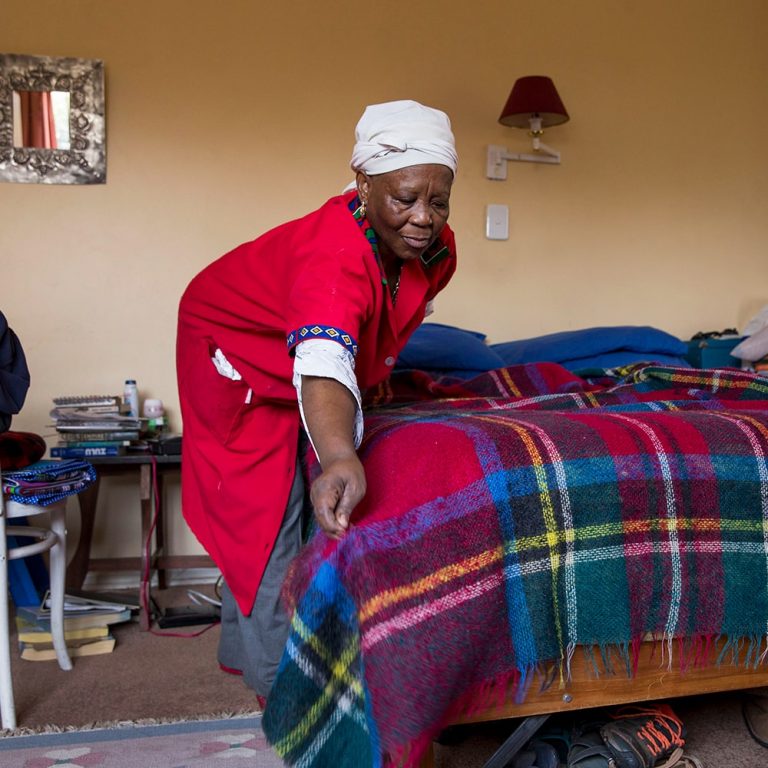
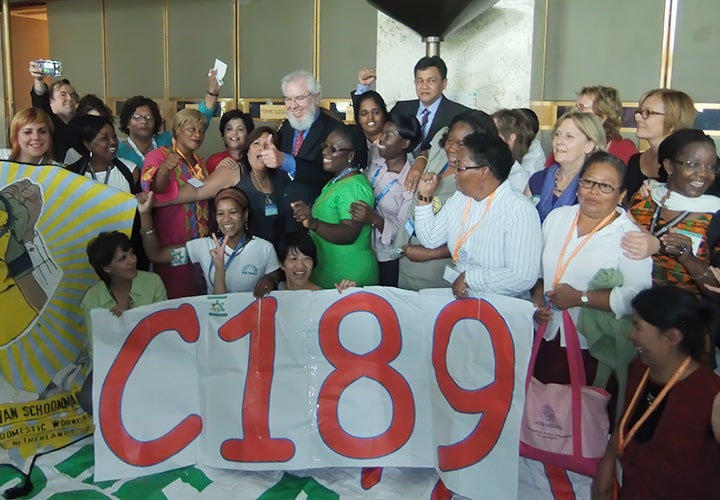
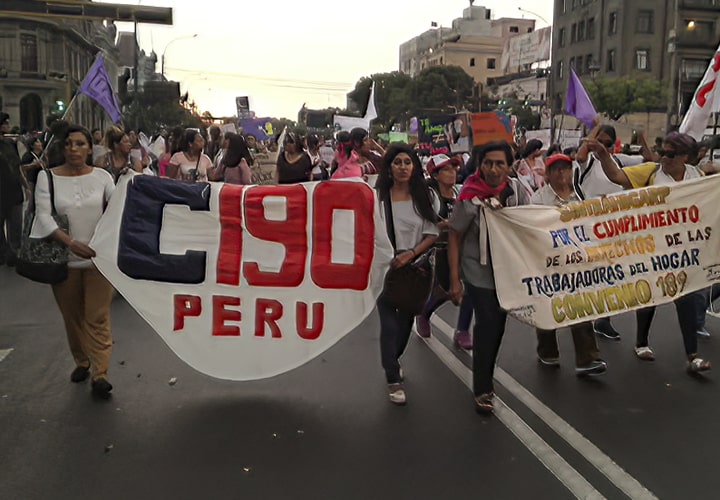
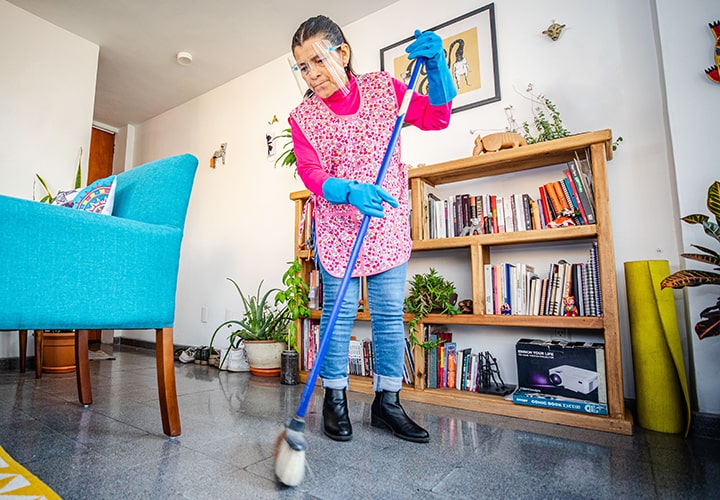
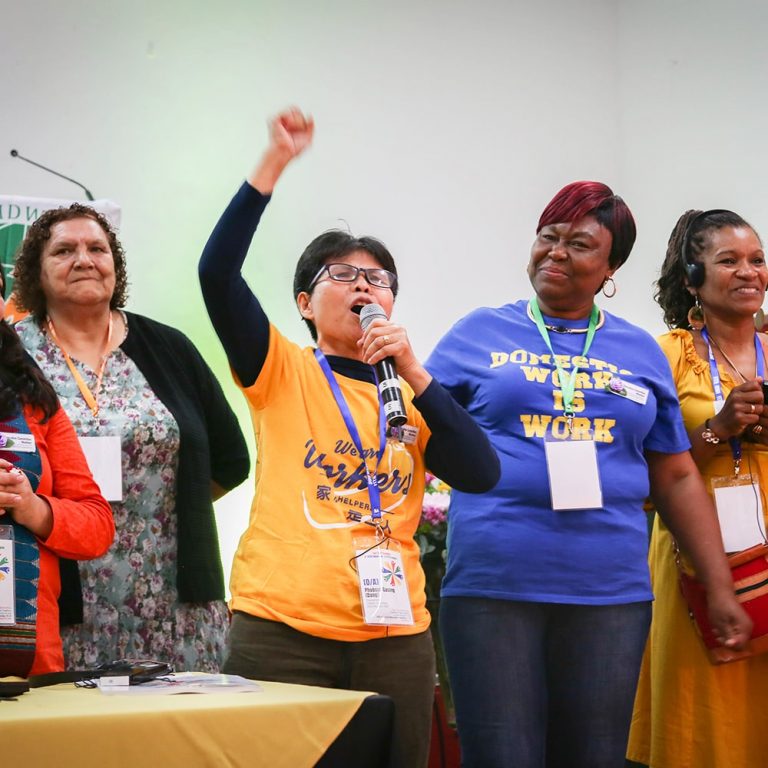
We facilitate the sharing of best practices among domestic/household workers and their organisations, including documentation and dissemination of advances in domestic/ household workers’ organising, campaign victories, collective bargaining models, legal and social protections and other activities of domestic workers’ organisations that contribute to improving the working and living conditions of workers.
